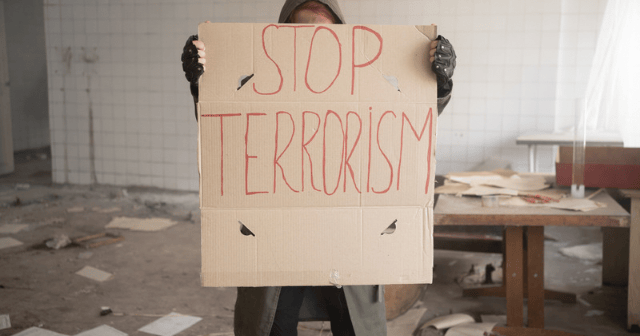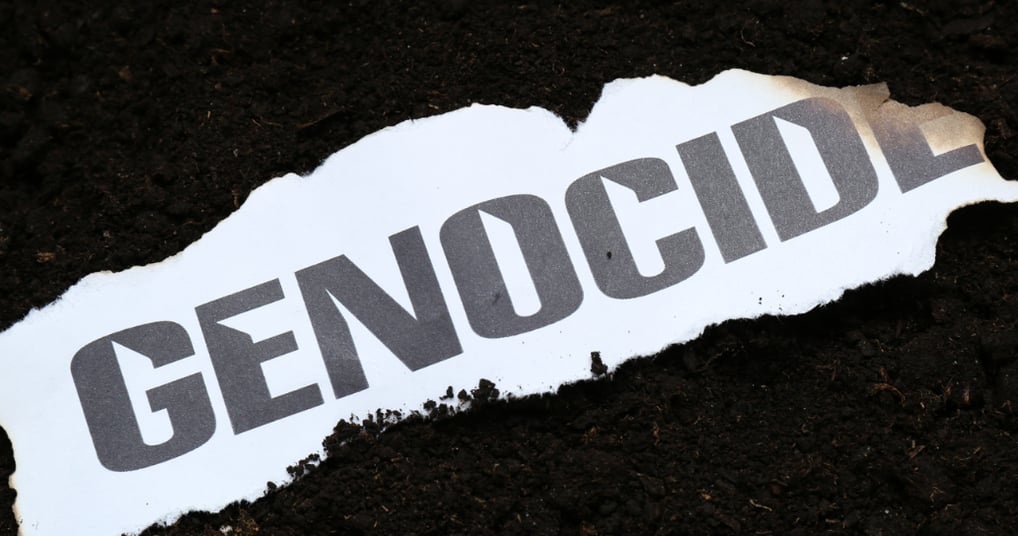
Top 5 crime Categories in the World
WORLD


In recent decades, crime has transformed into a transnational globalised phenomenon. Urbanisation, poverty and economic inequality have served as catalysts for the exponential rise in crime. The United Nations Office on Drugs and Crime (UNODC) estimates the involvement of international crime syndicates in the trafficking of illegal substances for which there is a high demand owing to urban centres across. In the past two decades, the world has undergone unprecedented transformation due to globalisation and technological advancements. Though the world has endeavoured to combat the increasing frequency of criminal activities through international cooperation, it is the degradation of the three core centres of civilisation i.e. social stability, political power, and economic strength which is at the nexus of escalating crime rates on a global scale. Despite the efforts made, many communities still suffer and with the current trends, society needs to come together to deal with what has now become a global threat.

Here's a list of Top 5 crime Categories in the World
5.Torture


This constitutes a most fundamental avocation of a human right, involving a systematised system of serious pain-location; either psychologically or physically-for the purpose of extracting information, doing it as a punishment, intimidating, or coercing an individual. Though international criminal law prohibits torture, as does several other treaties, it does occur worldwide in various settings, including combat zones, detention camps, and oppressive regimes. Torture is also said to foster conditions in which an individual is severely traumatised by causing enormous and lasting psychological and physical wounds.
Techniques used in torture often fluctuate between different forms of physical violence and quite unrefined psychological oppression, which in effect exist to break the resistance of the spirit of the tortured. Wherever conventions on torture have been adopted, mechanisms for prevention and prosecution are indeed offered by most of the international legal frameworks, including the United Nations Convention against Torture.
Despite such efforts, torture persists in various parts of the world as an instrument of political repression, interrogation, and social control. The torture is such that, in its complexities, confounds the systemic premises of power, institutionalised violence, and human rights violations, which are, in themselves, struggles against the global endeavour to eradicate torture.
4.Terrorism


Terrorism embodies a multifaceted global threat marked by its strategic application of violence coupled with intimidation directed towards civilians to fulfil political, religious or ideological aims. Today's terrorism crosses traditional borders while utilising advanced technology for recruitment purposes as well as communication strategies including propaganda dissemination designed to facilitate coordinated assaults. Terrorist organisations take advantage of existing social inequalities alongside economic instability creating sophisticated networks that present significant challenges for international security efforts.
The ramifications brought about by terrorism extend far past immediate physical danger—engendering widespread psychological distress while unravelling established social structures which leads toward enduring political upheaval accompanied by economic disruption within affected areas. Modern terrorist factions display remarkable flexibility in their operations; employing digital tools such as cryptocurrency transaction channels paired with encrypted messaging platforms resulting in decentralised organisational models enabling them to effectively navigate around detection methods utilised globally.
International anti-terrorism approaches have become sophisticated, complex, and to the extent of complex intelligence sharing, entailing legal mechanisms and multilateral cooperation. Nevertheless, the factors spelling out terrorism-political ostracising, economic deprivation, ideological extremism, and social fragmentation remain beyond any net solutions.
3.Rape


Rape constitutes a harrowing form of sexual violence, epitomising a profound breach of personal autonomy, consent, and human dignity. Legally defined as non-consensual sexual penetration, it goes beyond mere physical assault to incorporate intricate power dynamics alongside systemic gender-based violence. This heinous act affects people of all ages, genders, and socio-economic backgrounds, leading to extensive psychological and social repercussions. Despite growing global awareness and the establishment of legal protections, rape remains significantly underreported due to persistent social stigma, cultures that blame victims for their experiences, and institutional obstacles that hinder accountability.
The trauma endured by survivors often extends over time, affecting mental health status, social relationships, personal growth, and overall life quality. Legal systems have evolved in addressing this issue by adopting broader definitions encompassing consent and sexual violence. Nevertheless, prevailing cultural attitudes along with patriarchal frameworks continue to obstruct effective prevention initiatives and justice measures. Rape should not be perceived merely as an act driven by sexual desire but rather as a manifestation of deep-seated societal imbalances regarding power—highlighting the complex intersections involving gender discrimination among other violations of human rights.
2.Murder


Murder is the greatest outrage committed against human beings. In other words, murder is the unlawful killing of one human being by another with a high degree of malice, that is the mental willingness to kill. Murder rates can vary globally between countries and regions and reflect a complicated interplay of the social, economic, and cultural factors of a given jurisdiction. Murder can have multiple motives, including personal conflict, economic disputes, organised crime, psychological disorders, and passion.
By different legal systems, murder severity is classified differently, taking into consideration, for example, premeditation, method of killing, and situational contexts. The role of socioeconomic conditions where murder takes place can hardly be overestimated, as it tends to find an association with seemingly higher rates of violent crime relative to poverty, inequality, and social instability.
Forensic science and modern investigative techniques are changing the investigation of murder from the old-style casual investigation to more scientifically oriented methods, thus providing a high-tech way for investigating and prosecuting. In every case, the psychological effects of murder are surely lasting, inducing indescribable trauma to the families of the victims, their communities, and the larger social structures.
Across the world, criminal justice systems are alive to the need for developing a more profound understanding of why murder occurs, how it may be prevented, and how to respond to it as a complex social phenomenon.
1. Genocide


In recent times, the Soviet Union was responsible for the murder of multiple millions of Jews. Furthermore, the macro-nationalist movement that began in Germany and spread to Eastern European countries is another recent example of mass genocide which could all be traced back to the Second World War. The term was introduced by Raphael Lemkin in 1944, and it later developed into an acknowledged international crime with more specific legal definitions.
Foreboding examples include the Holocaust, the Armenian Genocide, the Rwandan Genocide, and the Cambodian Genocide, whose catastrophic human costs brought about historical lessons. International law, especially the UN Convention on Genocide, gives general parameters for defining, preventing, and prosecuting these gross violations of human rights.
Genocides may entail planned courses of action against defined groups aimed at inducing death, inducing births, transferring children inappropriately, and breaking up cultural heritages. The psychological and social impact of genocide is well outlived once the immediate violence creates intergenerational trauma by absolutely breaking human communities.

